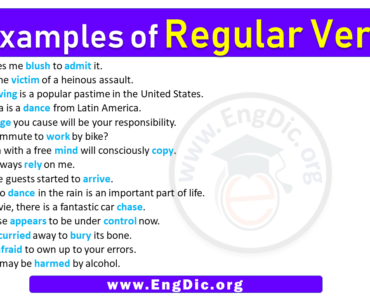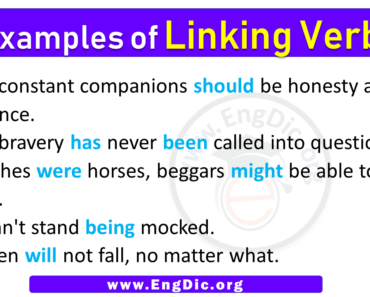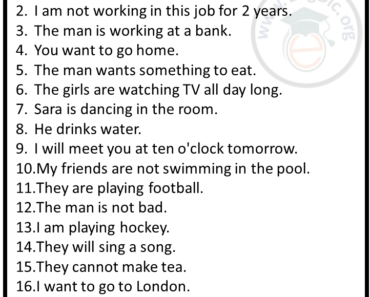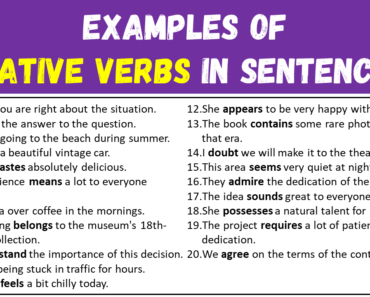15 Examples of Pronouns in Sentences! Pronouns are an important part of the English language. They can be used to replace nouns and allow us to avoid repetition while still making our writing clear and concise. This article will provide 15 examples of pronouns in sentences, so you can get a better understanding of how they work.
Related: 100 Examples of Pronouns in Sentences

15 Examples of Pronouns in Sentences
- If you sell the cow, you should also sell her milk.
- The best performer is the one who is well-versed in his field.
- I don’t have any secrets to success other than hard work.
- The road map’s complexity perplexed me.
- I now understand that wars do not end.
- Bring a liar to me!
- The more hurried you are, the slower you will be.
- Before they can go, children must learn to creep.
- Do you know who your daughter is?
- She works for a corporation.
- Until a man is dead, do not call him happy.
- In our graves, we will all be the same.
- It‘s impossible to have your cake and eat it.
- Behind it, we can’t see what’s in the wallet.
- Fortune’s right hand is industry, and her left hand is frugality.
List 0f Pronouns With Meaning
- I: refers to the speaker or writer.
- You: refers to the person or people being addressed.
- He: refers to a male person or animal.
- She: refers to a female person or animal.
- It: refers to an object, animal, or idea.
- We: refers to a group of people including the speaker or writer.
- They: refers to a group of people or things not including the speaker or writer.
- Me: refers to the speaker or writer as the object of a verb or preposition.
- Him: refers to a male person as the object of a verb or preposition.
- Her: refers to a female person as the object of a verb or preposition.
- Us: refers to a group of people including the speaker or writer as the object of a verb or preposition.
- Them: refers to a group of people or things not including the speaker or writer as the object of a verb or preposition.
- Myself: refers to the speaker or writer as the reflexive form of ‘I’.
- Himself: refers to a male person as the reflexive form of ‘he’.
- Herself: refers to a female person as the reflexive form of ‘she’.






